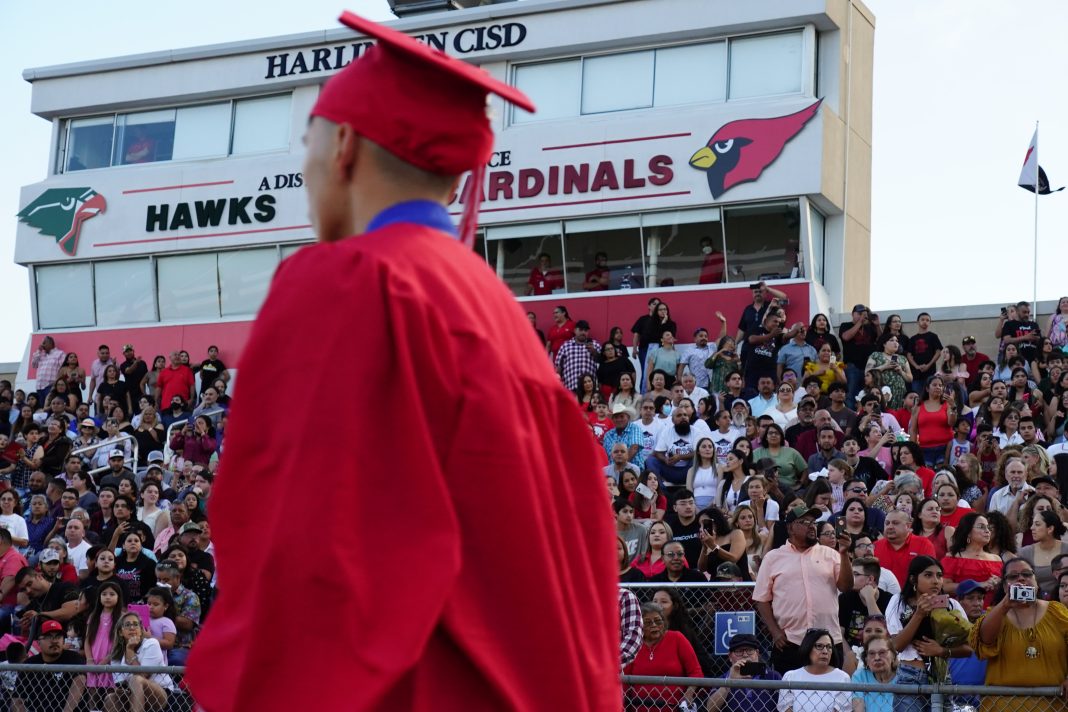Graduation season is upon us. It’s one of the first major rites of passage in the lives of most people, a time to celebrate the achievement of finally completing the dozen years of formal education; for most students these days the time has been even longer when we factor in kindergarten, preschool and Head Start programs.
For most graduates the passage in a real sense essentially is from youth to adulthood, from the cocoon of the classroom to what often is called the “real world” of employment and adult responsibilities or the career preparation of enrolling in a college, university or professional training program. For all, it’s a transition from learning to applying what they’ve learned over the past dozen years, in both their classroom courses and the socialization norms and mores they learn while interacting with classmates, forming networks and facing challenges.
Today’s grads overcame the extraordinary challenges created by the COVID-19 pandemic that cost them one and in many cases two years of classroom education. Some students were able to thrive using remote classrooms and other alternative learning methods that were used to continue their education as well as possible. Some, however, found the lack of personal contact with teachers, tutors and classmates made it more difficult to maintain the same levels of academic performance. Some might worry that the related drop in grades could affect their ability to get a better job or enroll in a better college.
They probably needn’t worry so much. Everybody dealt with the pandemic and most people understand the special circumstances it created. Many universities adjusted requirements and standards to address the issue and the COVID-related worker shortage probably has created more employment opportunities than it removed. What’s more, studies and anecdotal evidence indicates that many people who might have had some difficulty in the classroom have become top workers once they learned the job processes and requirements, and were motivated by the professional system of rewards and consequences, where good work can lead to advancement and poor performance can create negative outcomes.
Moreover, dealing with the pandemic has taught many people, of all ages, how to deal with unexpected situations. Getting through the pandemic likely helped many people realize that they’re stronger and more resourceful than they might have thought, and lessened their fear of the unknown. Now they know they can meet such challenges and overcome them.
Many of them likely learned the importance of community and the value of support from family and friends — and will be more willing and confident to utilize these resources for the rest of their lives.
Congratulations, therefore, to all 2023 graduates who can walk away from their schools knowing that they have succeeded through challenges that those who went before them didn’t have to face. Regardless of any effect the pandemic might have created on their grade reports, they have gained special real-world knowledge that could prove more valuable than anything they might have gleaned from books and lectures.





